Training on the Fuzzy Cognitive Mapping technique (15-17 June) – places available.
A small number of places are available for a 3-day training on the Fuzzy Cognitive Mapping (FCM) technique, which will take place between 15-17 June on Talbot Campus. The training is funded by QR funds and is an opportunity for academics and PhD students to develop their skills on a versatile and upcoming research technique, which is expected to be welcomed by high quality journals.
The training is primarily for members of the Digital Marketing Research Group (DMRT, BUBS), however there are a few places available for staff and PhD students from across the university. If interested contact, Dr Miguel Moital (mmoital@bournemouth.ac.uk).
What is Fuzzy Cognitive Mapping?
The FCM technique is a cause-effect relationship knowledge-based method for modelling complex decision-making systems of humans. It emerges from a combination of cognitive mapping and Fuzzy logic and artificial neural network, and this method is increasingly used in social sciences and humanities research. In FCM participants are presented with scenarios (inputs) and asked to provide the expected outputs (e.g. assuming a certain relationship between two factors, what happens to a third factor). This data is used to improve the original model (e.g. developed in focus groups) by using a supervised algorithm. An automated knowledge system is developed to allow respondents to complete the survey online.
The technique can be applied to a variety of research settings, such as consumer behaviour, organisational decision making and social/public policy decision-making.
A good introduction to fuzzy cognitive mapping can be found here and here.
What will the training cover?
The training will take place on the following times (Talbot Campus):
Wednesday 15th June:
- AM – Overview of FCM and fuzzy logic, including research design requirements for FCM research.
- PM – Case studies/practice using the FCM expert software
Thursday 16 June:
- AM – Case studies / practice using the FCM expert software
- PM – Dr. Nápoles available for 1-2-1 support to discuss developing / adapting research plans to FCM
Friday 17 June
- AM – Case studies / practice using the FCM expert software & Wrap up
Ahead of the training, participants are expected to watch two pre-recorded knowledge clips and read two chapters about fuzzy logic and fuzzy cognitive maps.
The trainer
Dr Gonzalo Nápoles, from the Tilburg School of Humanities and Digital Sciences (Department of Cognitive Science and Artificial Intelligence), is a leading contributor to the development of the technique, having several publications on it. He is the lead developer of the FCM EXPERT software tool which can be used to carry out FCM analysis.
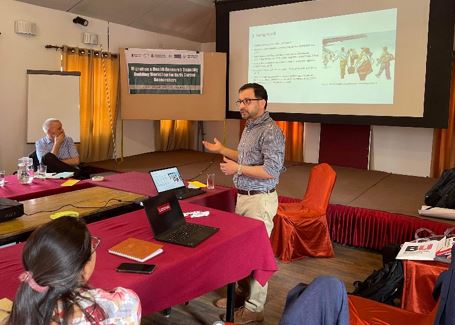
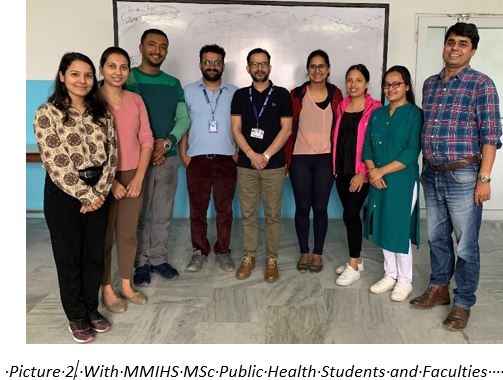
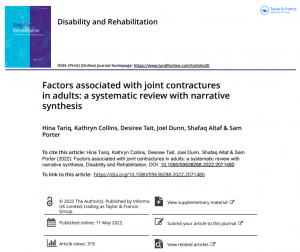





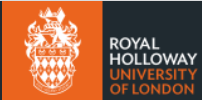

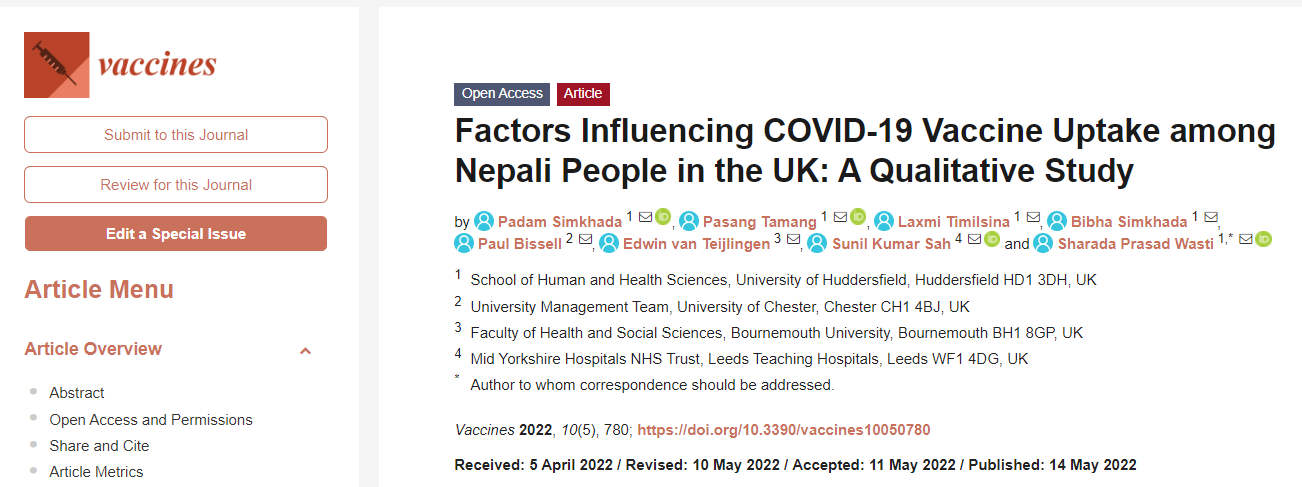


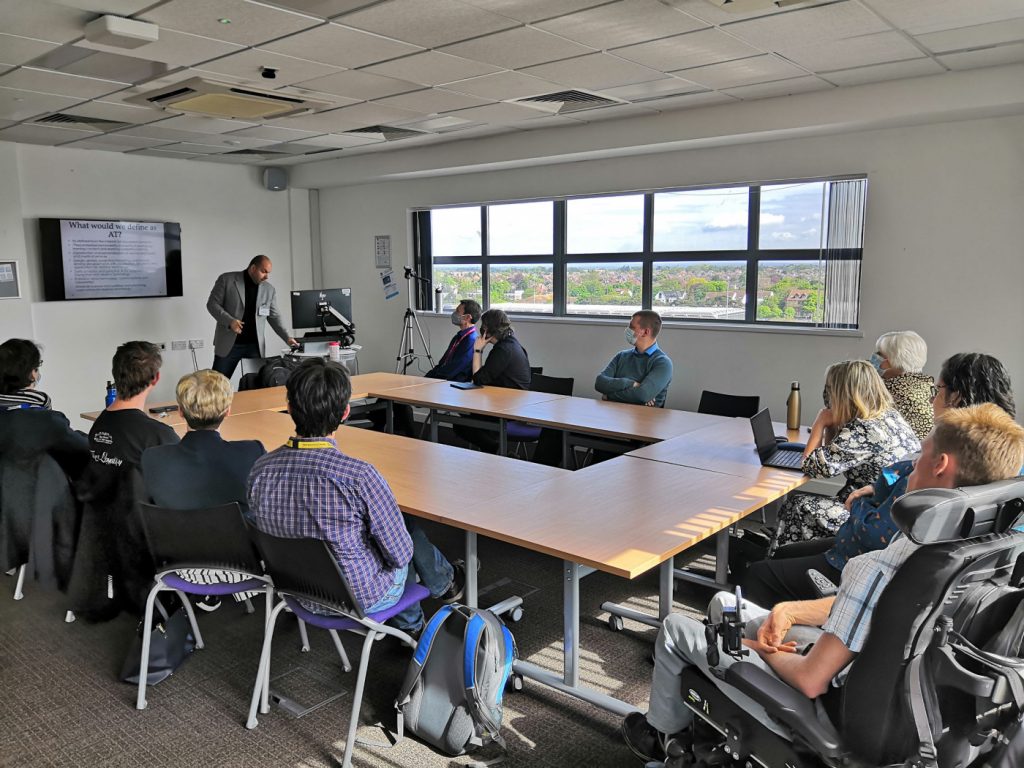
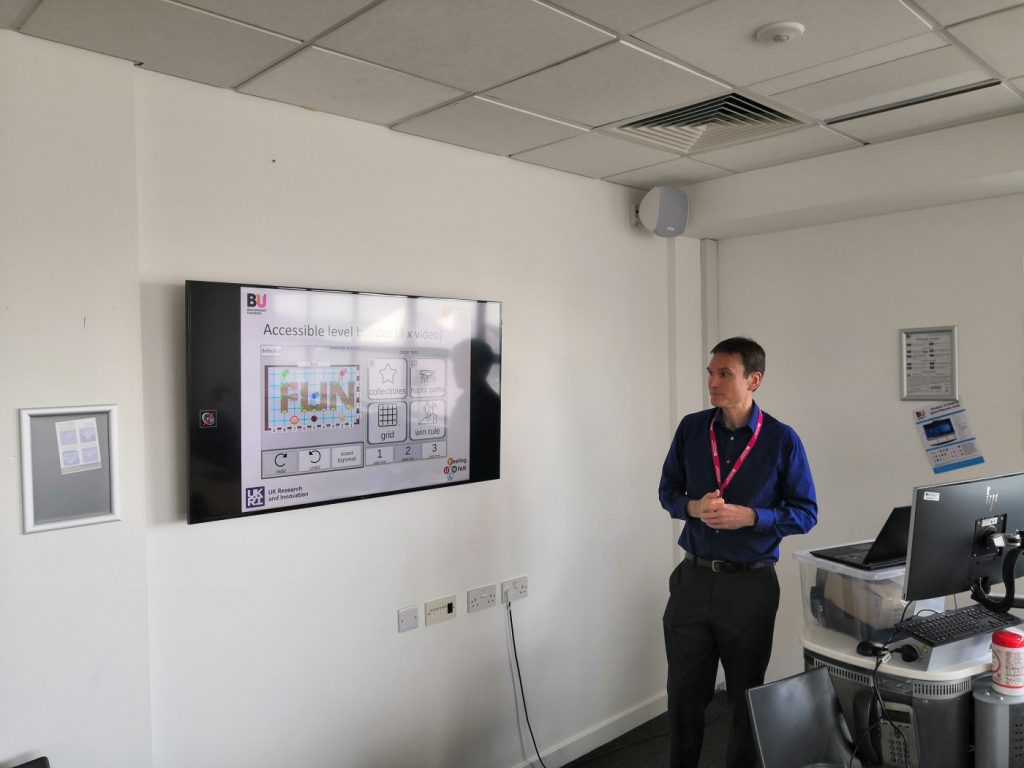
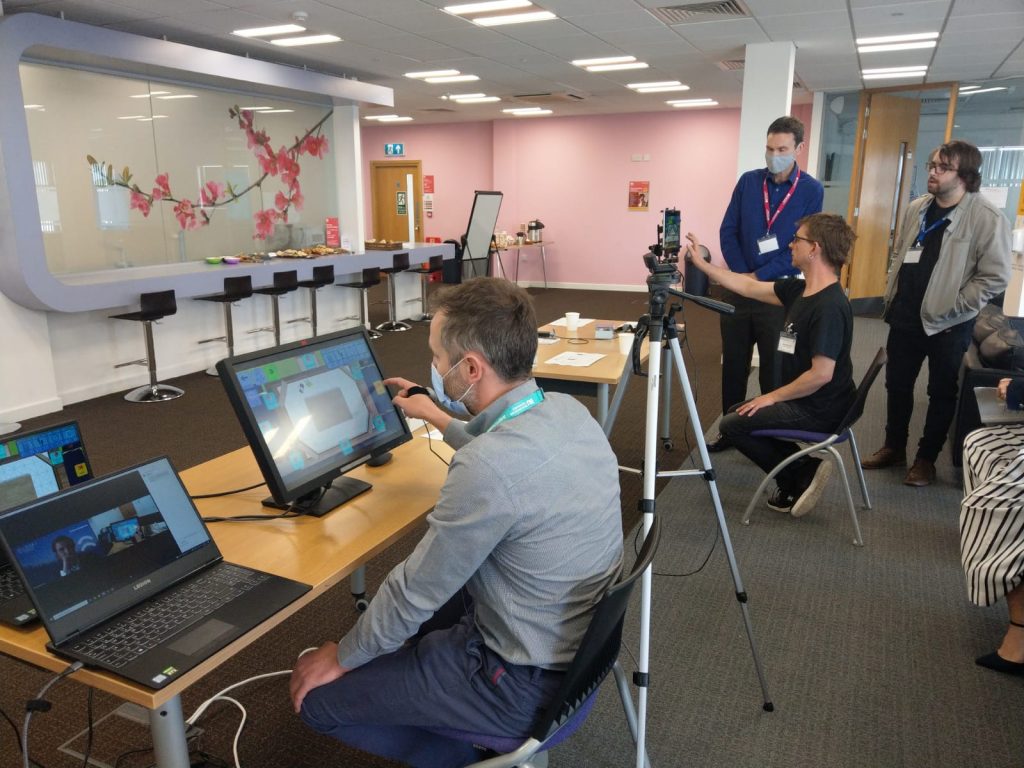
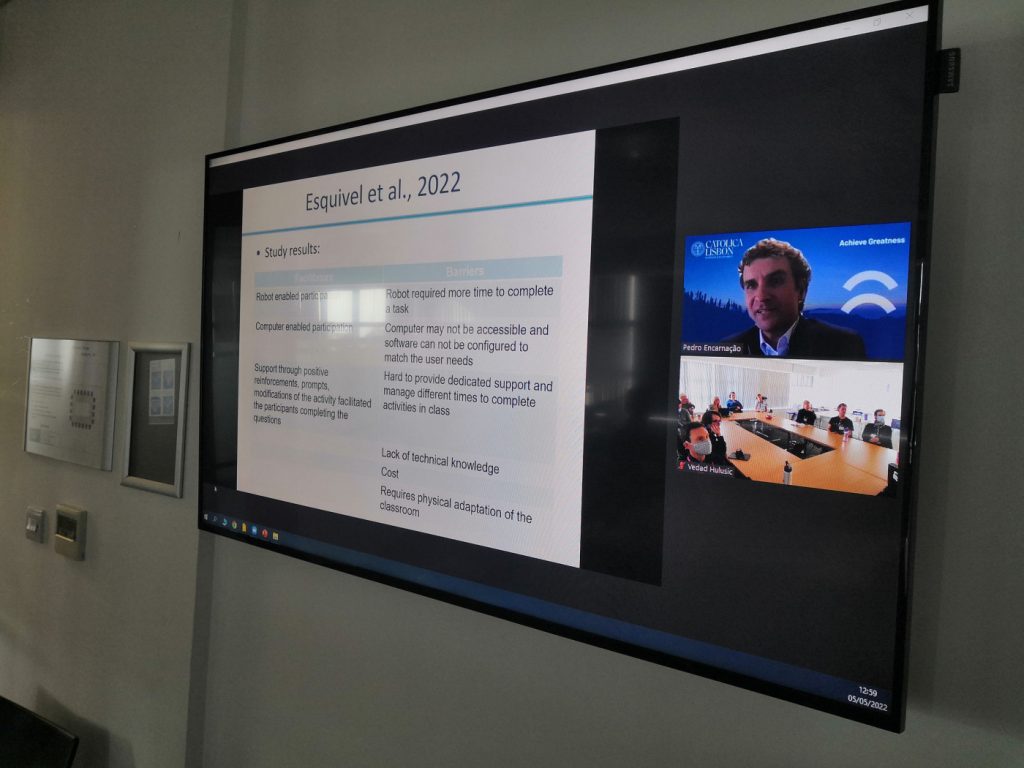
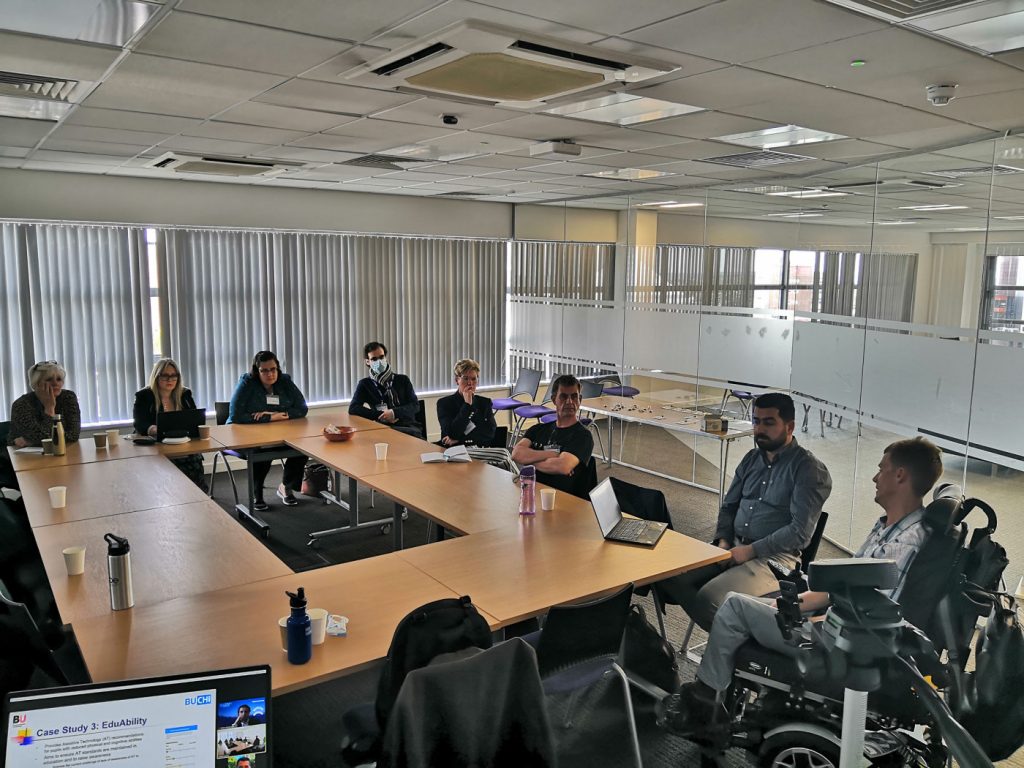



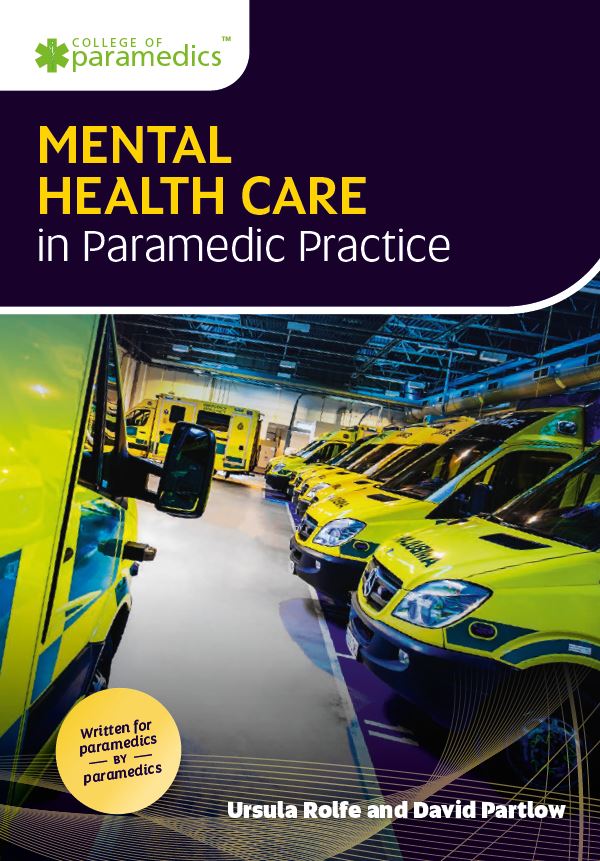
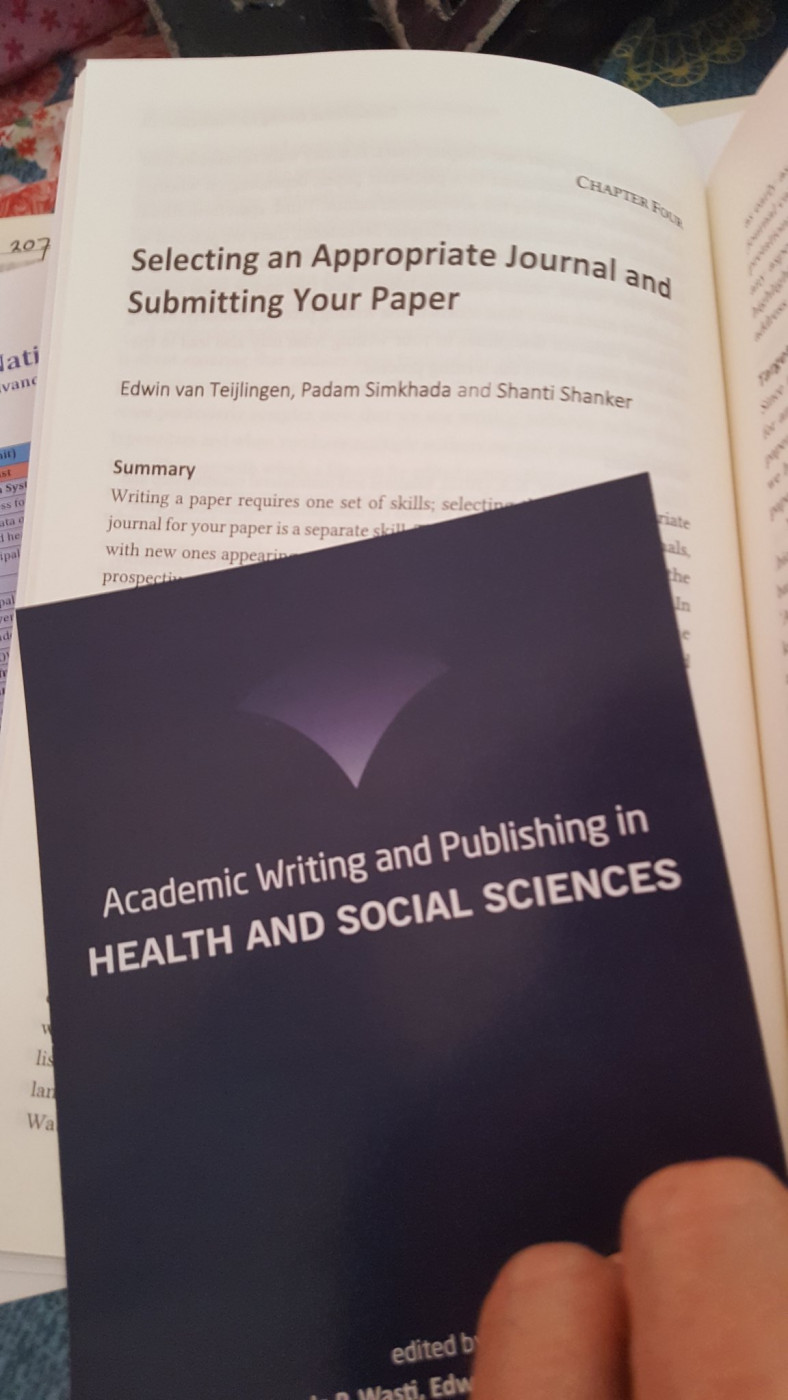
 Trolling and online harassment on social media platforms is a uniquely ugly phenomenon of our time but one that targets some more than others; and where women in the public domain are likely to be subject to high levels of gratuitous abuse in an attempt to undermine them towards potential self-censorship. An overt form of misogyny, owing to these gendered characteristics, when women offer their opinions or demonstrate their expertise offensive and bullying comments can be greatly escalated in terms of harm, not only to individuals, but to society in general by suppressing ideas, intellectual knowledge and stifling public debate, as well, crucially, as silencing women’s voices.
Trolling and online harassment on social media platforms is a uniquely ugly phenomenon of our time but one that targets some more than others; and where women in the public domain are likely to be subject to high levels of gratuitous abuse in an attempt to undermine them towards potential self-censorship. An overt form of misogyny, owing to these gendered characteristics, when women offer their opinions or demonstrate their expertise offensive and bullying comments can be greatly escalated in terms of harm, not only to individuals, but to society in general by suppressing ideas, intellectual knowledge and stifling public debate, as well, crucially, as silencing women’s voices.
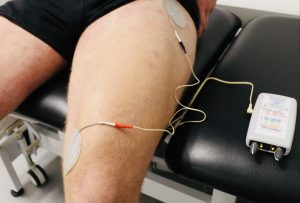
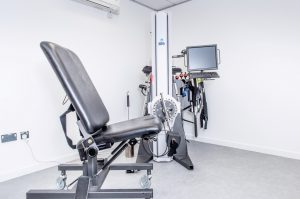











 New weight change BU paper
New weight change BU paper One week to go! | The 16th Annual Postgraduate Research Conference
One week to go! | The 16th Annual Postgraduate Research Conference Geography and Environmental Studies academics – would you like to get more involved in preparing our next REF submission?
Geography and Environmental Studies academics – would you like to get more involved in preparing our next REF submission? Congratulations to three former BU staff
Congratulations to three former BU staff MSCA Staff Exchanges 2024 Call – internal deadline
MSCA Staff Exchanges 2024 Call – internal deadline Applications are now open for 2025 ESRC Postdoctoral Fellowships!
Applications are now open for 2025 ESRC Postdoctoral Fellowships! Horizon Europe – ERC CoG and MSCA SE webinars
Horizon Europe – ERC CoG and MSCA SE webinars MaGMap: Mass Grave Mapping
MaGMap: Mass Grave Mapping ERC grants – series of webinars
ERC grants – series of webinars